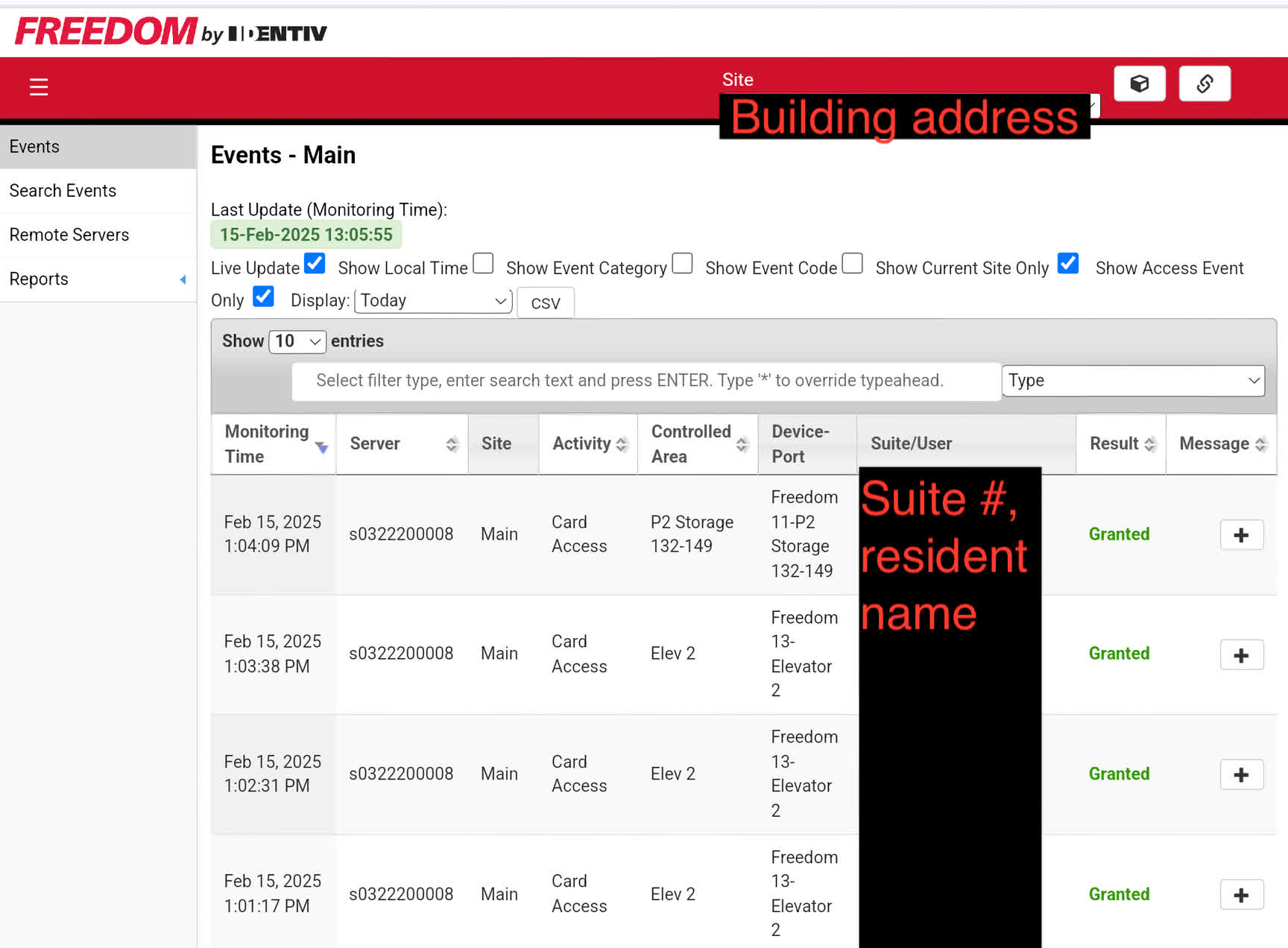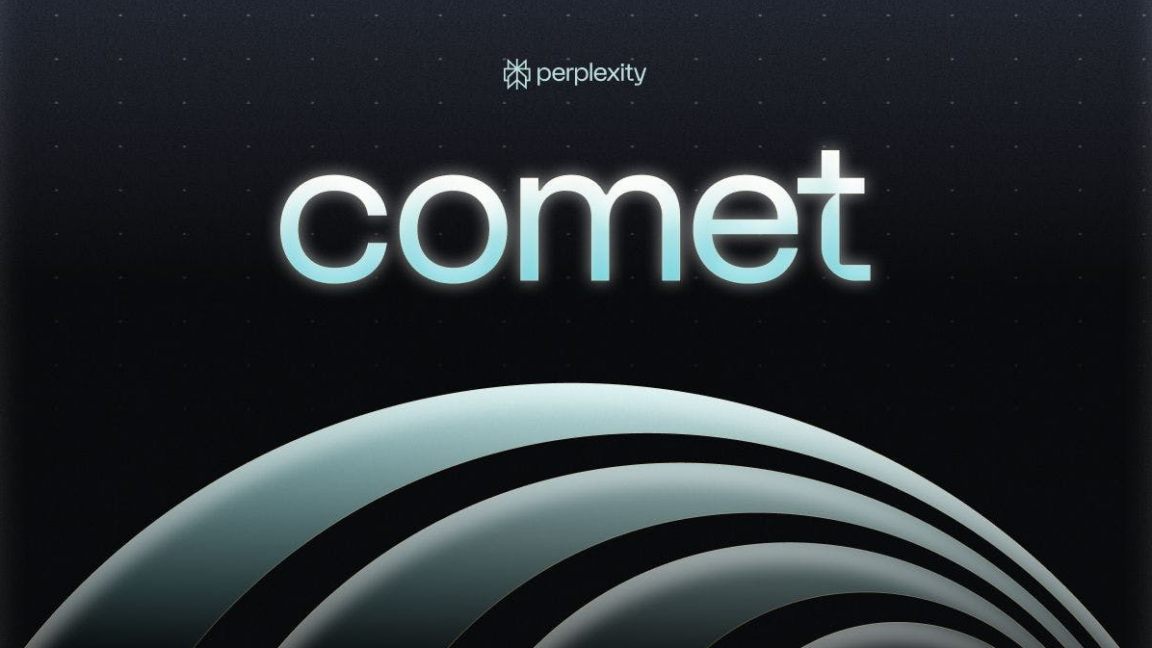arstechnica.com
AI apps Perplexity wants to reinvent the web browser with AIbut theres fierce competition Comet joins Cursor and others in an early wave of AI takes on traditional apps. Samuel Axon Feb 24, 2025 1:18 pm | 9 The hero image and logo for Comet. Credit: Perplexity The hero image and logo for Comet. Credit: Perplexity Story textSizeSmallStandardLargeWidth *StandardWideLinksStandardOrange* Subscribers only Learn moreNatural-language search engine Perplexity will launch a web browser, joining a competitive and crowded space that has for years been dominated by Google.The browser will be called Comet, but we know nothing at all about its features or intended positioning within the browser market at this stage. Comet was announced in an X post with a flashy animation but no details.Perplexity followed up the X post with a link and an invitation to sign up for beta access to the browser. Those who follow the link will find a barebones website (again with no details) and a simple form for entering an email address.When we entered an address, we received a brief email saying that Perplexity will add new users to the beta every week and that people can get in faster by sharing Comet on social media and tagging Perplexity's account.Perplexity was founded in 2022 by a group of engineers with backgrounds in machine learning. Its primary product is a large language model-based search engine wherein users can type queries to get information from the web and various databases. Perplexity gathers the information, summarizes it, presents it, and takes follow-up questions to dig deeper.It has recently been expanding its offeringsfor example, it recently launched a deep research tool competing with similar ones provided by OpenAI and Google, as well as Sonar, an API for generative AI-powered search.It will face fierce competition in the browser market, though. Google's Chrome accounts for the majority of web browser use around the world, and despite its position at the forefront of AI search, Perplexity isn't the first to introduce a browser with heavy use of generative AI features. For example, The Browser Company showed off its Dia browser in December.Dia will allow users to type natural language commands into the search bar, like finding a document or webpage or creating a calendar event. It's possible that Comet will do similar things, but again, we don't know.So far, most consumer-facing AI tools have come in one of three forms: general-purpose chatbots (like OpenAI's ChatGPT and Anthropic's Claude; features that use trained deep learning models subtly baked into existing software (as in Adobe Photoshop or Apple's iOS); and, less commonly, fully dedicated software meant to remake existing application categories using AI features (like the Cursor IDE).There haven't been a ton of AI-specific applications in existing categories like this before, but expect to see more coming over the next couple of years.Samuel AxonSenior EditorSamuel AxonSenior Editor Samuel Axon is a senior editor at Ars Technica. He covers Apple, software development, gaming, AI, entertainment, and mixed reality. He has been writing about gaming and technology for nearly two decades at Engadget, PC World, Mashable, Vice, Polygon, Wired, and others. He previously ran a marketing and PR agency in the gaming industry, led editorial for the TV network CBS, and worked on social media marketing strategy for Samsung Mobile at the creative agency SPCSHP. He also is an independent software and game developer for iOS, Windows, and other platforms, and heis a graduate of DePaul University, where he studied interactive media and software development. 9 Comments










